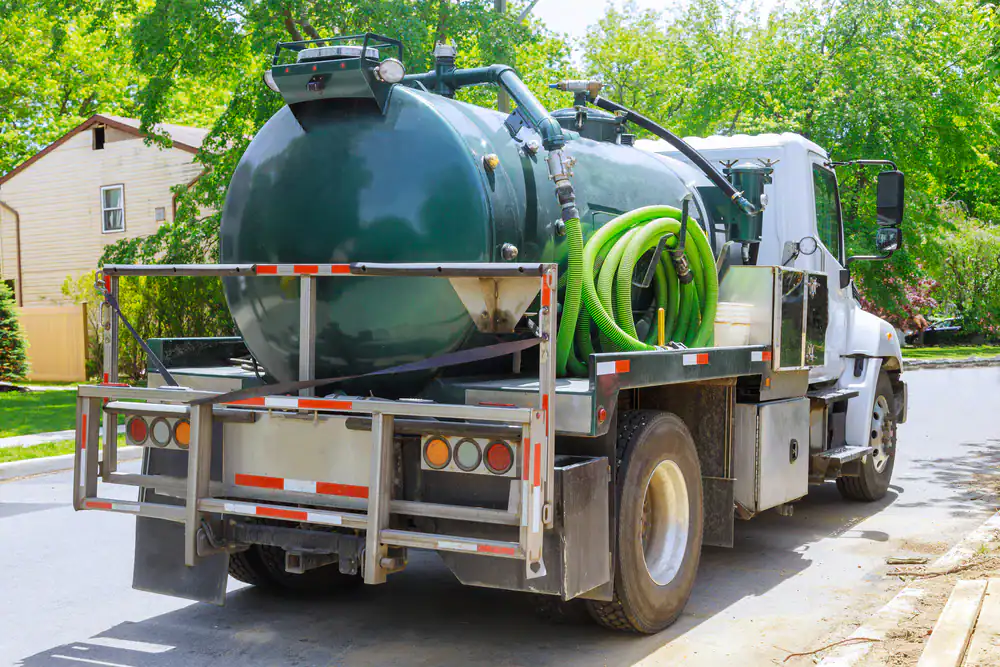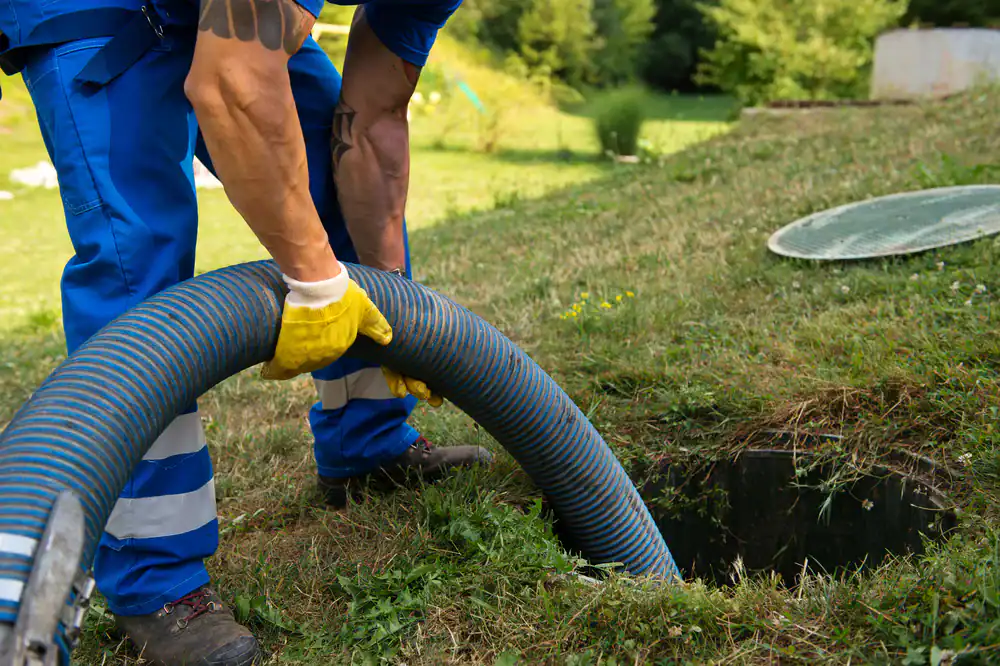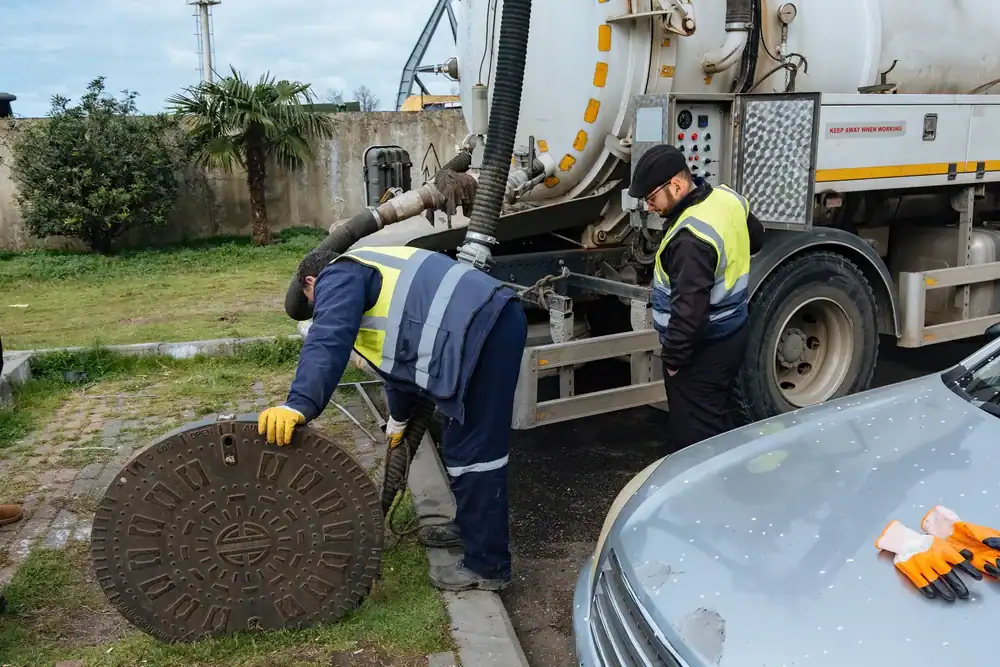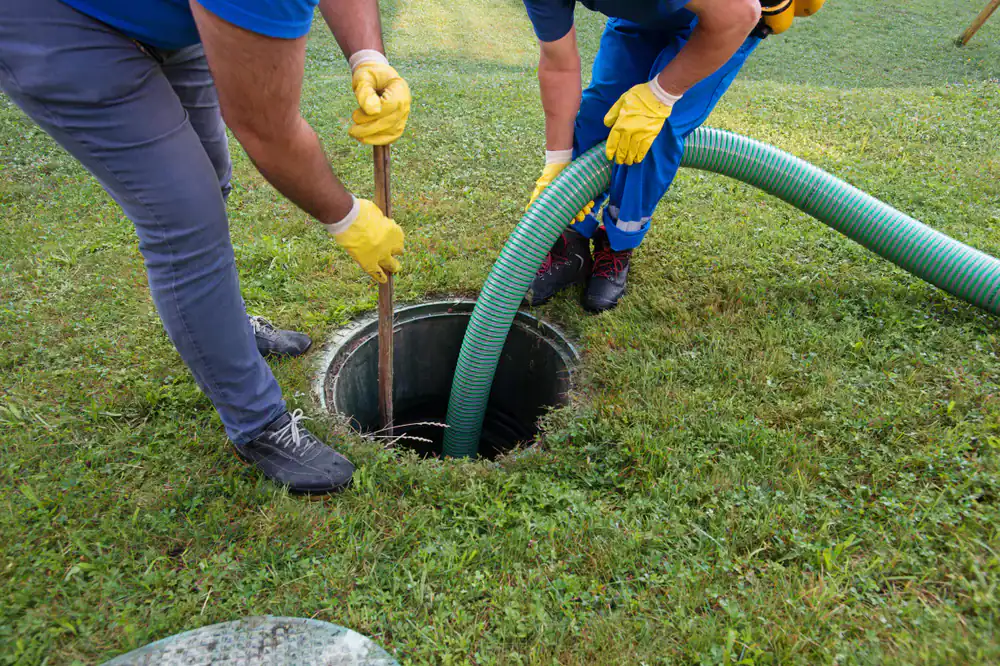
Our Reviews

You wake up to a functioning septic system that handles everything you throw at it. No backups flooding your basement. No mysterious odors making your property uninhabitable. No panic calls to find someone who actually answers their phone.
Your drains flow freely because the clogs are gone for good. Your drain field processes waste efficiently because we’ve restored proper function instead of just patching the problem.
Most importantly, you sleep better knowing your septic system won’t surprise you with a catastrophic failure at the worst possible moment.
We’ve been solving septic problems throughout the Chicago area for years. We understand how Illinois soil conditions affect septic performance and what it takes to keep systems running in this climate.
We’re licensed, bonded, and insured because your property deserves protection. When we say 24/7 emergency service, we mean it – not just an answering machine that promises a callback.
Glencoe homeowners deal with unique challenges from older septic installations and seasonal ground shifts. We’ve seen it all and know exactly how to fix it right the first time.

First, we diagnose the real problem using professional equipment, not guesswork. You get a clear explanation of what’s wrong and upfront pricing before any work begins.
Next, we handle the repair using the right tools for your specific septic system. Whether it’s hydro jetting clogged lines, repairing damaged pipes, or restoring drain field function, we use proven methods that last.
Finally, we test everything to make sure it’s working properly and walk you through what we’ve done. You get practical advice on maintaining your system so problems don’t come back.

Ready to get started?
Our septic tank plumbing services cover everything from emergency repairs to preventive maintenance. We handle septic line clogs, drain field restoration, system inspections, and complete septic system overhauls.
Glencoe’s mix of older homes and established neighborhoods means septic systems face unique stresses. Clay soil conditions common in this area can cause drain field problems, while aging infrastructure often needs specialized repair techniques.
We bring professional-grade hydro jetting equipment that clears even the toughest blockages without damaging your pipes. Our drain field restoration process addresses soil compaction and drainage issues specific to Illinois conditions.

Sewage backing up into your home is the most obvious emergency sign. You’ll also want immediate help if you smell strong septic odors inside your house or see wet, soggy areas over your drain field.
Other urgent warning signs include multiple drains backing up simultaneously, gurgling sounds from toilets when you run water elsewhere, or water pooling around your septic tank. These problems get worse fast and can create serious health hazards.
Don’t wait if you’re experiencing any of these issues. What starts as a minor backup can quickly become a major contamination problem that’s much more expensive to fix.
Clay soil common in the Glencoe area doesn’t drain well, which puts extra stress on septic drain fields. Over time, this poor drainage causes the soil to become saturated and unable to process waste water effectively.
Tree roots are another major culprit, especially in established neighborhoods with mature landscaping. Roots seek out moisture and can infiltrate drain field pipes, causing blockages and system failure.
Heavy rainfall and seasonal ground shifts also impact drain field performance in Illinois. When the ground stays wet for extended periods, your drain field can’t function properly and may need professional restoration.
Most septic systems should be inspected every three years, but older systems or those with previous problems may need annual inspections. Regular inspections catch small issues before they become expensive emergencies.
During an inspection, we check tank levels, test drain field function, and look for signs of system stress. We also examine pipes for root intrusion and assess whether your system is handling your household’s current waste load.
If you’ve noticed slow drains, occasional odors, or your system hasn’t been inspected in over three years, it’s time for a professional evaluation. Prevention costs far less than emergency repairs.
In most cases, yes. Our hydro jetting equipment can clear even severe clogs through existing access points without excavation. High-pressure water breaks up blockages and flushes debris out of the system effectively.
We use video inspection cameras to locate clogs and assess pipe condition before choosing the best clearing method. This technology lets us see exactly what’s causing the problem and determine if the pipes are damaged or just blocked.
However, if pipes are collapsed or severely damaged, some digging may be necessary for repairs. We’ll always explore non-invasive options first and explain your choices before proceeding with any excavation work.
Drain field restoration starts with identifying why the field isn’t processing waste water properly. We test soil conditions, check for pipe damage, and assess the distribution system that sends water to different areas of the field.
The restoration process typically includes cleaning distribution pipes, repairing or replacing damaged components, and addressing soil compaction issues. In some cases, we may need to add new distribution lines or modify the system layout.
We also evaluate your household’s water usage patterns and recommend changes if your current system is being overloaded. The goal is restoring proper function so your drain field handles waste water effectively for years to come.
Repair costs depend on the specific problem and how extensive the work needs to be. Simple drain cleaning might cost a few hundred dollars, while drain field restoration can run several thousand depending on the scope of work required.
We provide upfront pricing after diagnosing the problem, so you know exactly what you’re paying before work begins. No surprises, no hidden fees, and no pressure to make immediate decisions on major repairs.
Emergency repairs often cost more than scheduled maintenance, which is why we recommend regular inspections. Catching problems early typically means simpler, less expensive solutions that prevent bigger issues down the road.